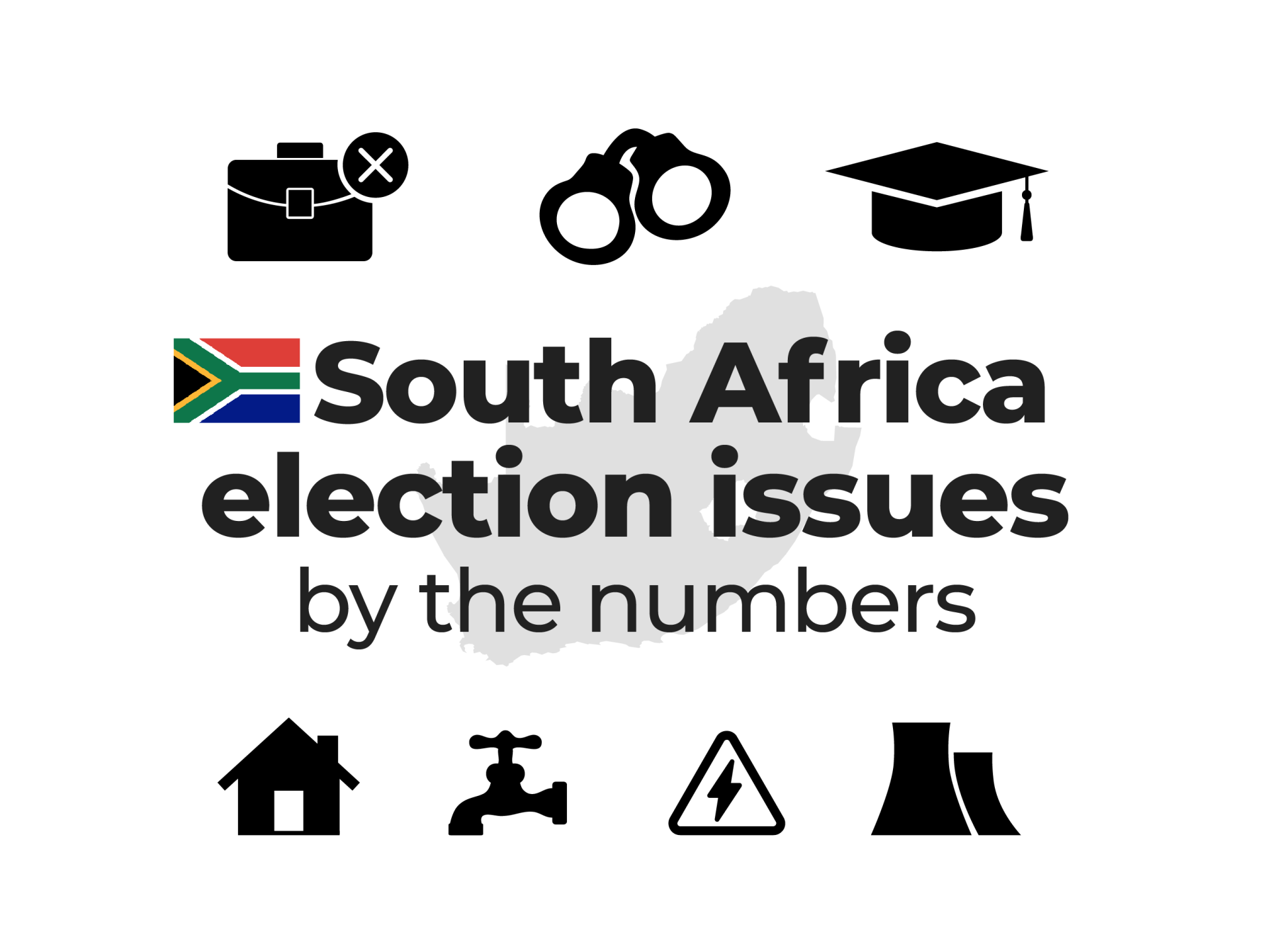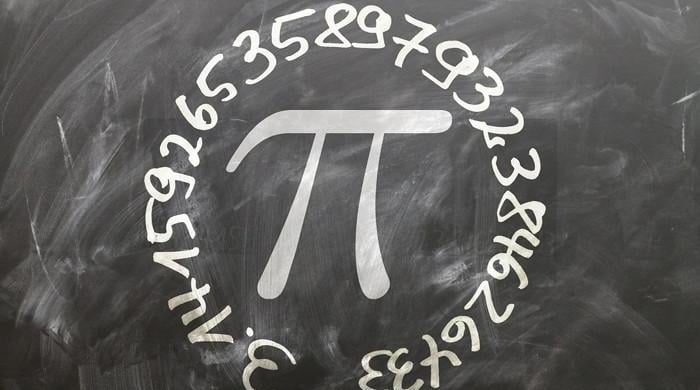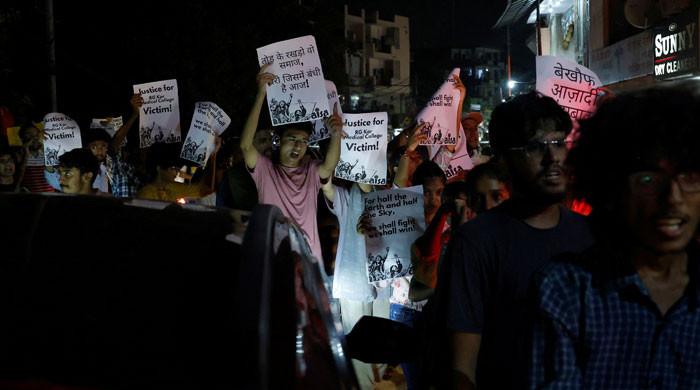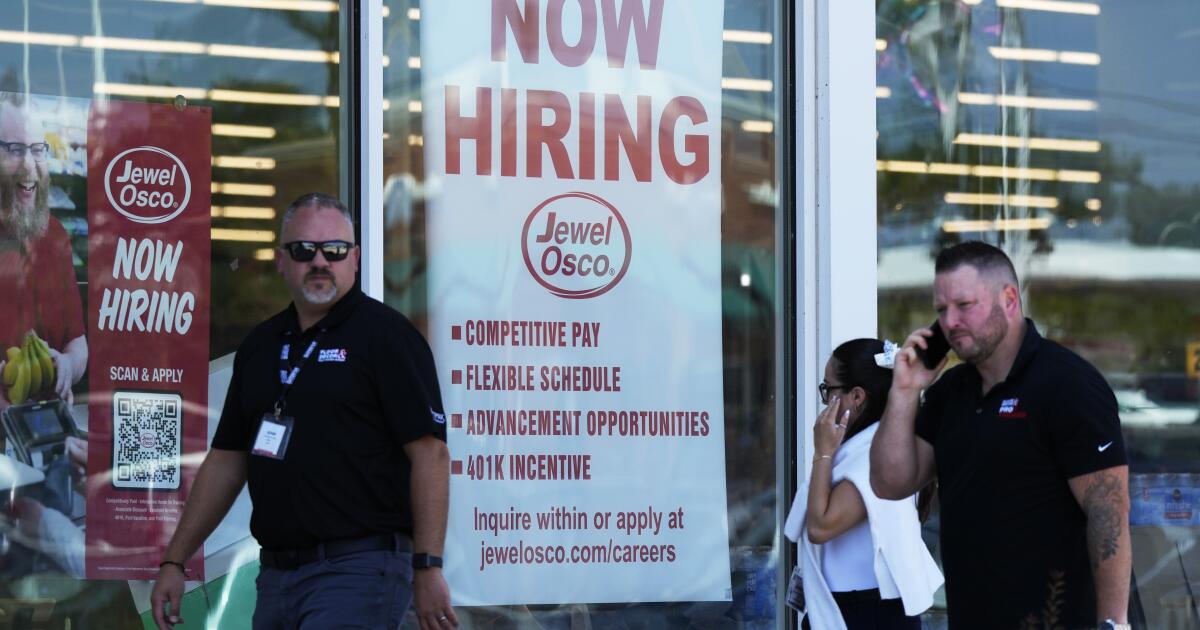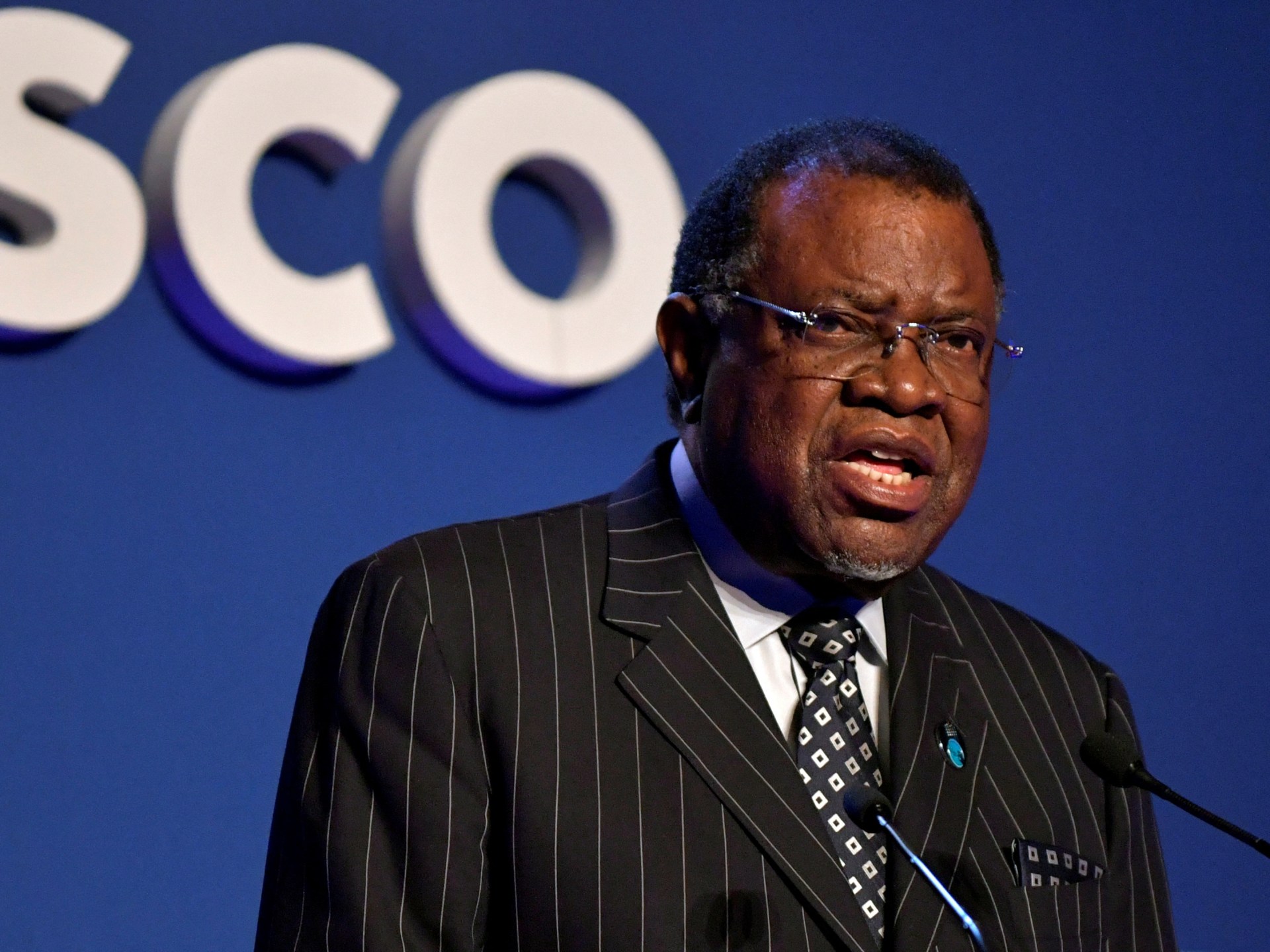South Africa will go to the polls on May 29 for the most unpredictable elections in the country's 30 years of democratic rule.
The ruling African National Congress (ANC) is expected to lose its parliamentary majority for the first time, possibly paving the way for the country's first coalition government.
With voter discontent high, major opposition parties, including the Democratic Alliance (DA), the Economic Freedom Fighters (EFF) and newcomer umKhonto we Sizwe (MK), have put pressure on the ANC in online campaigns and rallies across the country, promising sweeping reforms in hopes of winning over some 28 million registered voters.
Young people are a key demographic and make up the majority of the electorate. They are also the furthest removed from South Africa's apartheid past, to which the ANC's legacy as a liberation party is closely linked.
Voting will take place in the country's nine provinces, where people will vote for the national and provincial governments.
These are the key issues that are priorities for most voters:
Employment: One in three South Africans is unemployed
The country has the highest unemployment rate in the world. For young people who have diplomas but consider their education useless, unemployment is the most important issue in the elections.
Analysts say poor industrialization under decades of ANC rule means Africa's most advanced economy has failed to create jobs for its growing youth population.
Overall unemployment rates increased slightly late last year from 31 percent to 33 percent during the first quarter of 2024.
The problem is particularly serious among the country's young people, between 15 and 34 years old. Unemployment in this group stands at 45.5 percent, higher than the national average.

By province, the Eastern Cape – known for being the homeland of Nelson Mandela, home to the town of Gqeberha, formerly called Port Elizabeth, and being the poorest of the nine provinces – has the highest levels of unemployment at 42.4 percent. The North West province follows closely with 40.5 per cent and the Free State with 38 per cent.
On the other hand, the Western Cape, the territory of the opposition DA party and where the city of Cape Town is located, has the lowest unemployment levels in the country at 21.4 percent, followed by the Northern Cape at 28. .3 per cent and KwaZulu-Natal with 29.9 per cent.
Education and employment: persistent inequalities
Historical inequalities continue to plague South Africa's education sector, generating negative feedback in the workforce.
Although schools were desegregated before the end of apartheid, majority black communities still have underfunded public schools and inadequate services such as libraries and laboratories. Some do not have basic services such as Internet and lack qualified teachers.
In general, the black population has a greater number of people who do not have any type of education. However, among white South Africans, a higher percentage are more likely to have achieved a tertiary level of education – three times the numbers seen among black, Indian or mixed or multiracial communities.
Researchers say lower levels of tertiary qualifications are generally related to lower levels of skills and the type of jobs people are qualified for. While 9.6 percent of people with a graduate degree are unemployed, the figure quadruples for those who did not complete high school.

Other findings also point to the fact that school curricula do not prepare young people for the labor market because they are not aligned with the needs of employers. The results are a glaring mismatch between skills and employment: a 2019 report from the Boston Consulting Group, for example, found that there is a 50 percent mismatch between the skills in demand and supply in South Africa, contributing to a labor force low productivity.
Crime: on the rise and worsening
High levels of poverty, unemployment and inequality have led to an increase in violent crime in South Africa, compounded by the rise of organized criminal groups.
According to the South African Police Service's annual crime report (PDF), during the 2022-23 financial year, 1.8 million serious and violent crimes were reported across the country, an increase of 7.7 per cent on the previous year. last year.

On average, 75 people are murdered every day, an increase of about 60 percent over the past 10 years.
Vehicle thefts have more than doubled in the last 10 years, going from an average of 31 incidents per day in 2013 to 62 reported cases in 2023.
On the other hand, reports of common robbery decreased by 12 percent over the past 10 years and sexual crimes, including rape and sexual assault, decreased by 5.6 percent during the same period.
Housing: Millions of people still live in shacks
Housing is a sensitive issue in South Africa, where the white minority population has traditionally owned most of the land. It is one of the most visible examples of the stark imbalances that contribute to South Africa being labeled one of the most unequal countries in the world.
Although about eight in 10 South Africans (83.2 percent) live in formal homes, at least 2.2 million people still live in informal housing, including shacks built from corrugated iron sheets or other waste materials.

Black South Africans, who make up about 80 percent of the population, are disproportionately affected. Under the apartheid regime, black people were dispossessed of their land and forced to live in “bantustans” (homelands) or in overcrowded slums and hostels, where many died from diseases caused by poor conditions. Although black people are no longer legally required to live in such conditions, many remain trapped in inadequate and informal housing.
Land reform was a key ANC principle in the fight to end apartheid, but efforts to redistribute land and provide affordable housing to millions in need remain insufficient three decades on.
Basic services: unequal access
Overall, South Africa suffers from water stress. The country is very susceptible to drought due to low average rainfall and hot climate. Additionally, poor management and unequal distribution of water has meant that access to this crucial resource also varies by race.
More than 80 percent of South African households have access to running water, but outages are regular in some parts, such as Limpopo and Mpumalanga provinces. Across the country, it is not uncommon to see homes in wealthy neighborhoods with clean swimming pools, while in nearby townships, black people line up at communal water points with their buckets and plastic containers to collect water and then walk home.
Drinking water is generally accessible, but not guaranteed for everyone. According to government data, white, mixed-race and Indian communities have the greatest access to drinking water: all above 94 percent. In black households, the figure drops to 86.7 percent.
While access to electricity is largely available in both rural and urban areas, the country's reliance on failing coal-fired power stations has meant that electricity supply – for everyone – has plummeted dramatically in recent years. .

'Load shedding': an ongoing crisis
Eskom, the state electricity supplier, has implemented regular power outages for years to manage rising energy demand and prevent grid collapse. The current blackouts are locally called “load shedding.”
In 2023, Eskom, plagued by corruption and mismanagement, imposed unprecedented power cuts totaling 6,947 hours, equivalent to 289 days, causing rolling blackouts of between six and 12 hours a day across the country.
The South African Reserve Bank says these power outages cost the economy around 900 million rand ($50 million) a day in losses for factories and businesses.

For the past two months, South Africans have enjoyed uninterrupted power supply, marking the longest period without power outages since 2022. This has led the opposition DA and others to accuse the ANC of playing a power game to gain support before the elections.
The ANC has denied this, and President Cyril Ramaphosa said in an interview with local radio station 702 that his government has been working with Eskom to renew and maintain South Africa's power plants on a scheduled basis.

